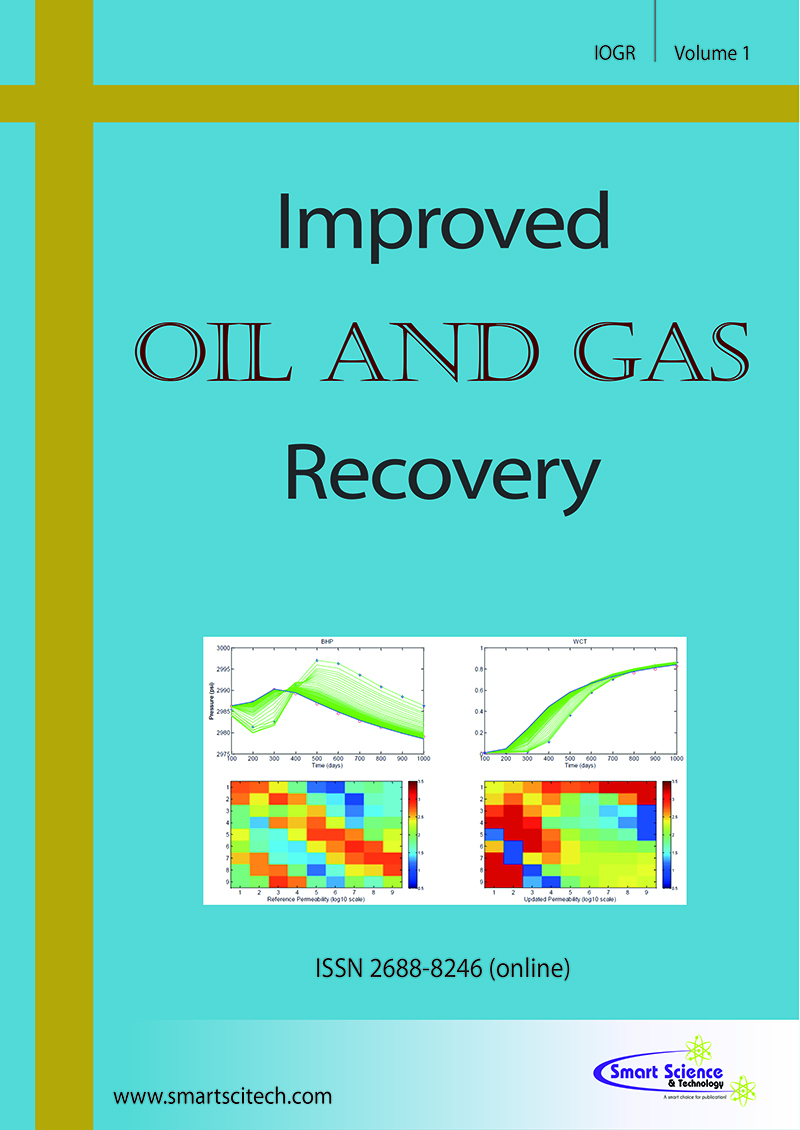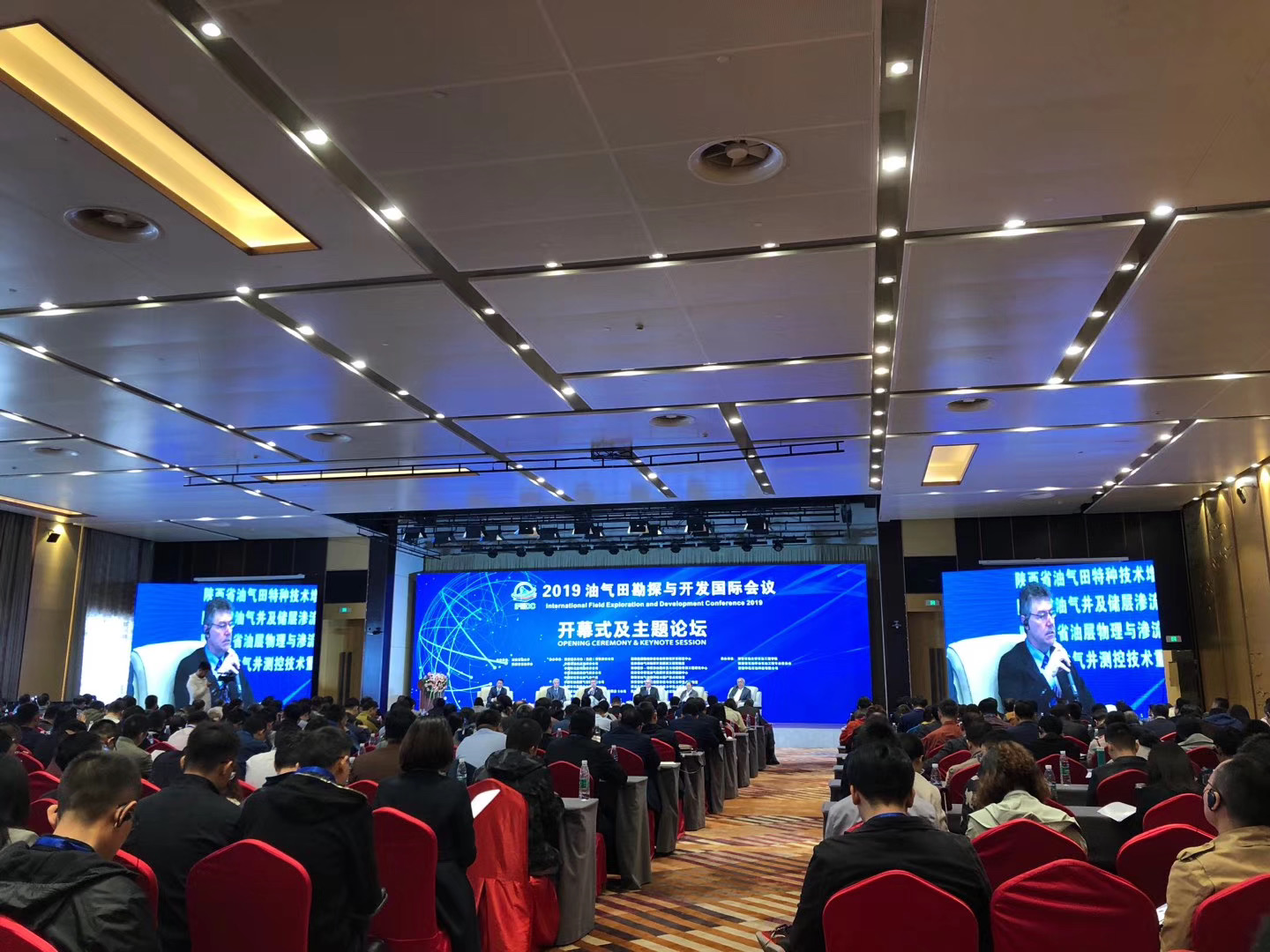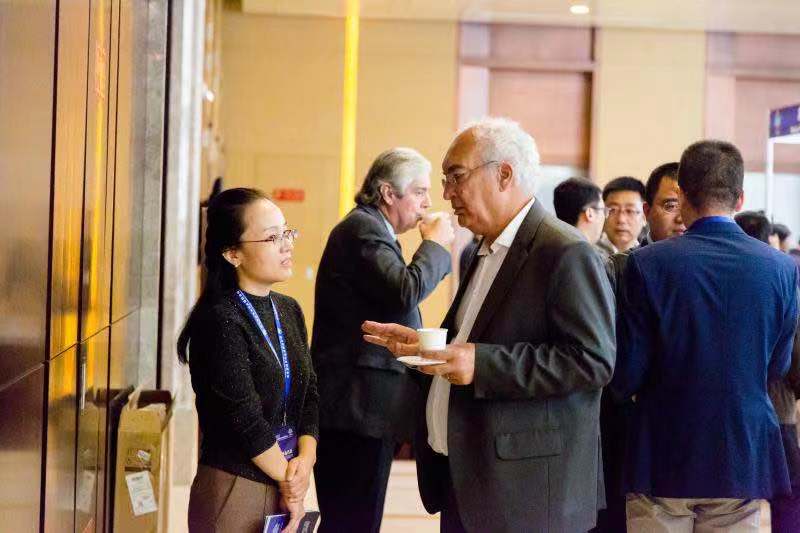Evaluation of Wax Inhibition in Crude Oil Pipelines Using Extracts from Moringa Seeds and Lime
DOI: 10.14800/IOGR.1341
Abstract
Wax deposition in crude oil pipelines is a significant operational challenge, particularly in low-temperature environments such as offshore installations, where wax crystallization hinders flow. Traditional wax inhibitors, such as xylene, are effective but raise environmental concerns due to their hazardous nature. This study explores the use of Moringa Seed Extract (MSE) and Lemon Extract as eco-friendly, bio-based alternatives to conventional inhibitors. Fourier-transform infrared (FTIR) spectroscopy was utilized to characterize the functional groups in these inhibitors alongside xylene. The FTIR analysis confirmed the presence of hydroxyl and carboxyl groups, which are critical for wax inhibition. Both MSE and Lemon Extract demonstrated functional similarities to xylene in their inhibitory capabilities.
Physicochemical analysis of the crude oil was conducted to establish a baseline for evaluating inhibitor performance, revealing a specific gravity of 0.860, API gravity of 33.035, kinematic viscosity of 8.14 cSt, and dynamic viscosity of 7.01 cP. Cloud and pour point tests, simulating sub-ambient offshore conditions, were used to assess wax inhibition. Results showed that MSE, at a 9 mL concentration, achieved a pour point of 17°C and a cloud point of 19°C, outperforming xylene, which recorded a pour point of 19°C and a cloud point of 20°C at the same concentration. Lemon Extract also proved effective, achieving a pour point of 22°C and a cloud point of 23°C, though its performance was slightly below that of MSE and xylene.
This study highlights the superior wax inhibition capability of MSE over conventional inhibitors like xylene, presenting it as a sustainable and environmentally friendly alternative for pipeline transportation. The concentration-dependent effectiveness of MSE underscores its potential for commercialization, with further optimization of concentration levels recommended for large-scale applications. Additionally, a comprehensive environmental impact assessment is suggested to validate its safety. These findings provide valuable insights into bio-based wax control methods, encouraging the adoption of greener practices in the petroleum industry.
Downloads
Published
How to Cite
Issue
Section
License
Copyright (c) 2024 The Author(s)

This work is licensed under a Creative Commons Attribution 4.0 International License.












